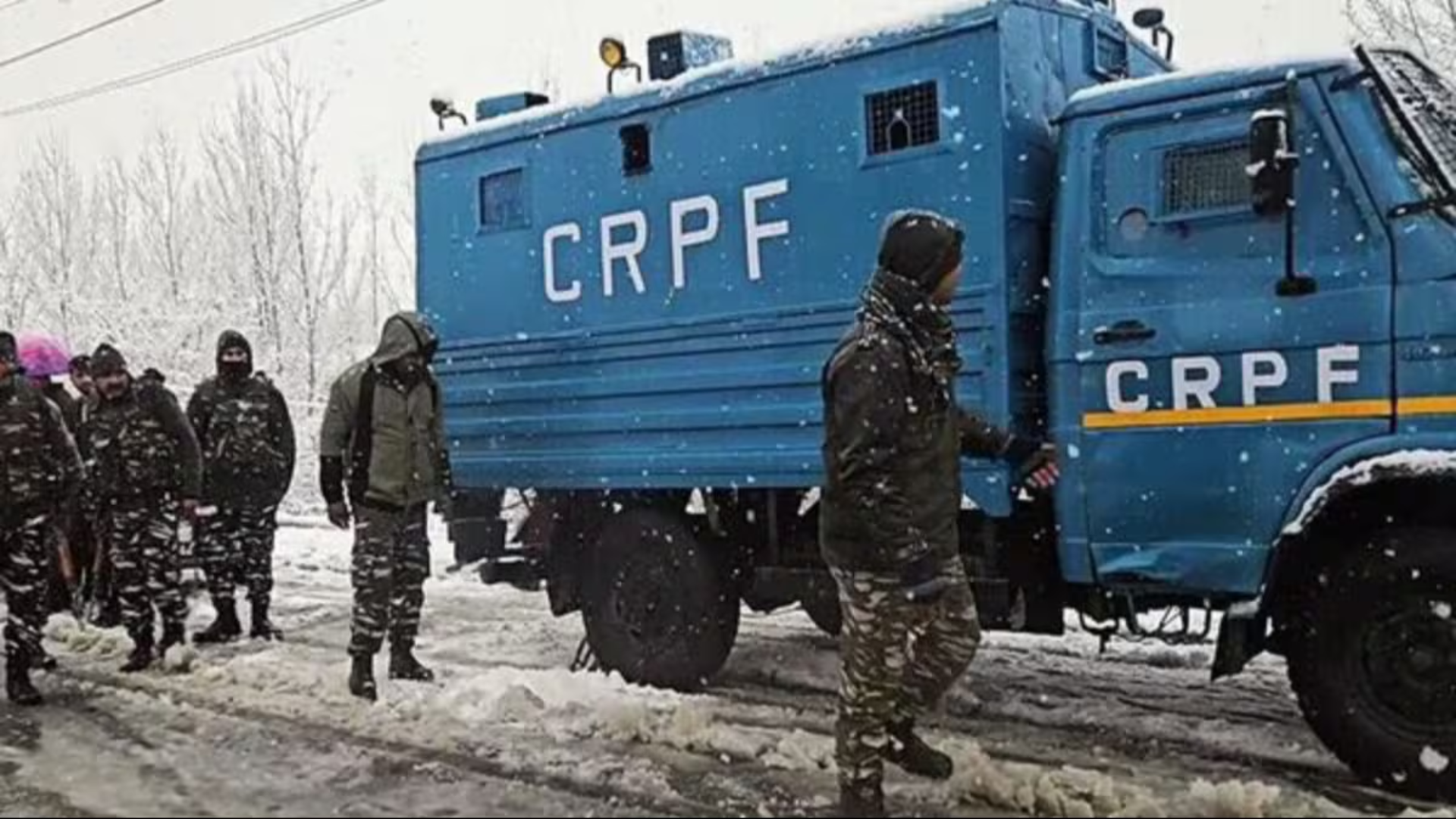A Central Reserve Police Force (CRPF) officer was tragically killed in an encounter with terrorists in Udhampur, Jammu and Kashmir. The attack occurred as a joint patrol party of the CRPF and the Special Operations Group (SOG) of the Jammu and Kashmir Police was ambushed in the Dadu area. This incident marks a disturbing escalation in terror activities in the Jammu region, which had previously experienced relative calm compared to the Kashmir Valley.
The surge in violence has been notable in recent weeks. On August 14, Captain Deepak Singh, an army officer, was killed in action during an encounter in Doda, Jammu and Kashmir. The confrontation, which took place in a forested area during a cordon-and-search operation, also resulted in injuries to a civilian.
In response to the increasing number of attacks, Defence Minister Rajnath Singh convened a high-level meeting in Delhi. The meeting, which included National Security Advisor Ajit Doval and Army Chief General Upendra Dwivedi, addressed the rising incidents of violence. Intelligence reports have raised concerns about potential terrorist attacks targeting highways, critical lifelines in the region. Consequently, the Centre has decided to deploy additional CRPF troops alongside local police to secure highways and surrounding areas.
The violence in Jammu has intensified in recent months. On August 10, a gunfight between terrorists and security forces in Anantnag resulted in the deaths of two soldiers and a civilian. The region has witnessed several other incidents, including an attack on an army convoy in Kathua, skirmishes in Doda and Udhampur, and a thwarted attack by the Pakistan Border Action Team (BAT) in Kupwara district’s Machchal sector.
According to the Ministry of Home Affairs (MHA), 28 people, including civilians and security personnel, have lost their lives in 11 terror-related incidents and 24 counter-terror operations up to July 21 this year. This increase in military casualties has prompted the government to reevaluate its security strategies. New force deployments and strategies are being implemented to address the security challenges.
A key focus of the government’s revised security plan is to seal infiltration routes used by terrorists to enter Jammu and Kashmir. Security audits have identified approximately two dozen vulnerable sectors along the Line of Control (LoC) and the international border. Despite efforts to strengthen border security, including a fencing project, progress has been slow, with only 70 kilometers of the planned 180 kilometers covered so far.
As Jammu and Kashmir prepares for its upcoming assembly elections—the first since 2014—security concerns are heightened. The elections will be held in three phases on September 18, September 25, and October 1, with results scheduled to be announced on October 4. This electoral process is part of a broader effort to restore democratic governance in the region, in compliance with a Supreme Court order mandating the return of democracy by September 30.






















